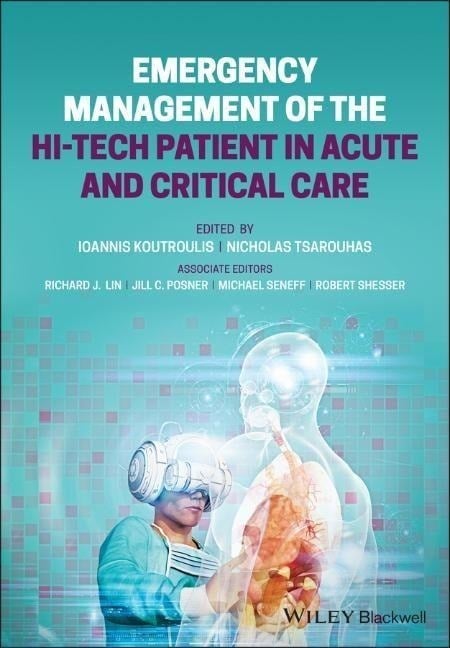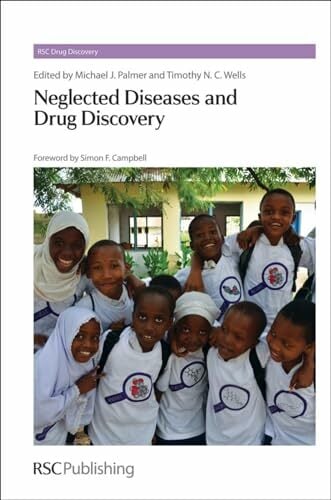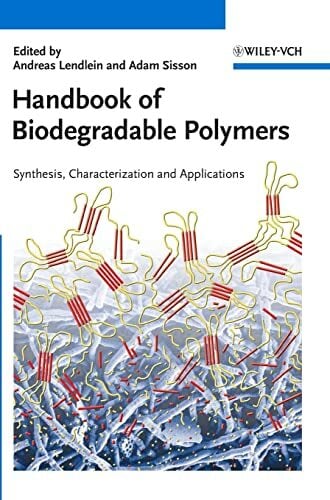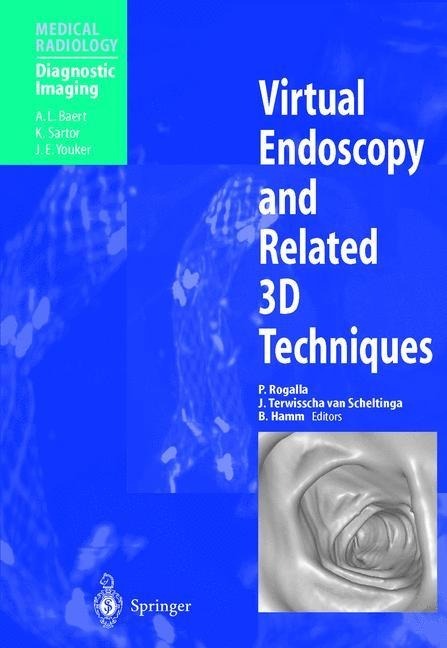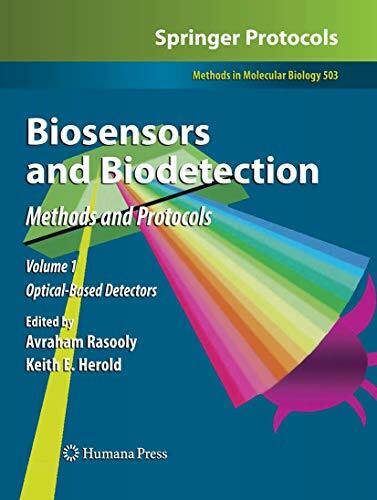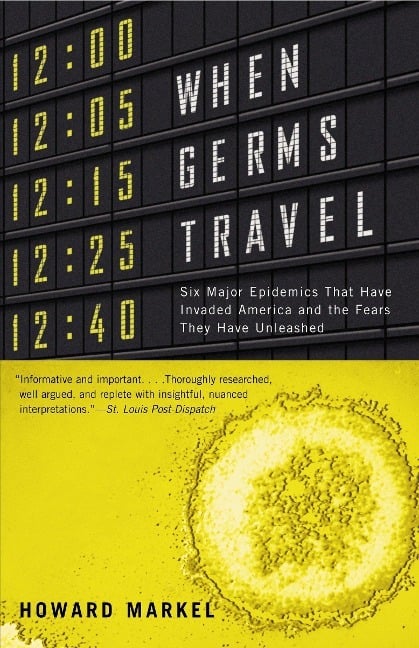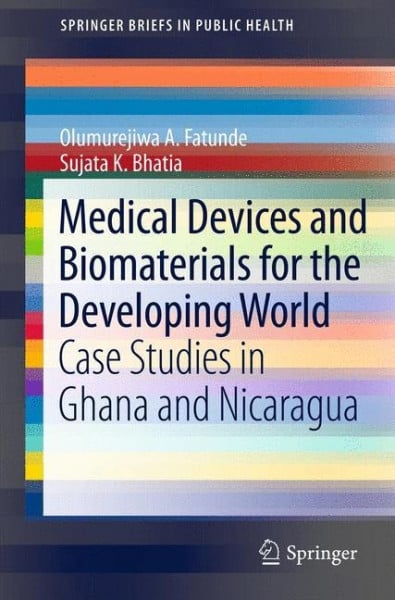
Medical Devices and Biomaterials for the Developing World
Kurzinformation
inkl. MwSt. Versandinformationen
Artikel zZt. nicht lieferbar
Artikel zZt. nicht lieferbar

Beschreibung
This book focuses on the adoption of medical technology in the developing world, and the role that can be played by new biomaterials. These authors urge that advanced technology be aligned with the needs of developing and emerging markets, and an alternative definition of technology be embraced. This "new technology" considers natural sources of materials and tools for treatment and is not restricted to the usual traditional computerized or electronic technology. This book explores the difficulties that accompany successful transfer of technologies between disparate settings. The book then leaves the world of traditional technology and focuses on biomaterials, which represent an enormous opportunity for developing societies to become active participants in the development of new technologies. Biomaterials can be used in the treatment of disease throughout the developing world and beyond. Biomaterials encompass a range of naturally derived substances; of particular interest here are naturally derived and synthetically manufactured materials with potential applications in different body systems. Because many of these materials can be grown, the agricultural output of developing nations is an obvious potential source of these biomaterials. The book considers the cases of Ghana and Nicaragua as examples of the broader situation in West Africa and Central/South America. These two regions are uniquely positioned with regard to both health care and technological capabilities, and both stand to grow significantly in the coming years. While the agricultural sectors of the two nations are quite different, both are major producers of corn and other materials that should be investigated further. Of course, the difficulty in using a foodstuff for medical purposes is fully explored. von Bhatia, Sujata K. und Fatunde, Olumurejiwa A.
Produktdetails

So garantieren wir Dir zu jeder Zeit Premiumqualität.
Über den Autor
Prof. Sujata Bhatia is Assistant Director for Undergraduate Studies in Biomedical Engineering at Harvard University.Olumurejiwa Fatunde is a graduate student in International Health Policy at the London School of Economics. She graduated from Harvard University with an AB in biomedical engineering.
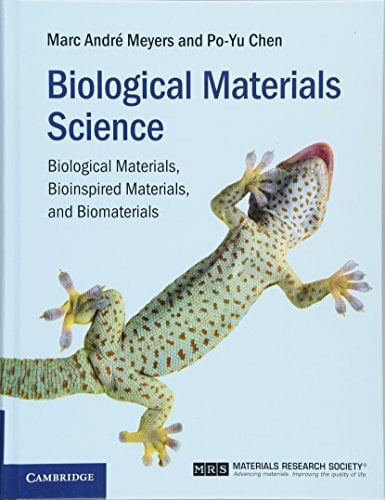
- hardcover
- 575 Seiten
- Erschienen 2014
- Cambridge University Press
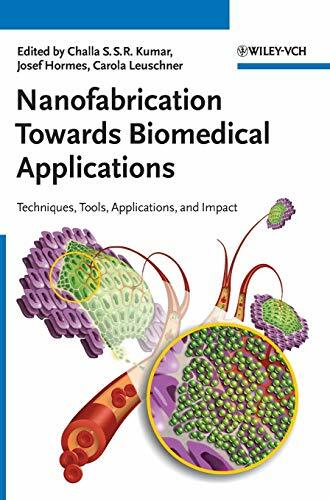
- Gebunden
- 420 Seiten
- Erschienen 2005
- Wiley-VCH

- Gebunden
- 302 Seiten
- Erschienen 2016
- Wiley-VCH

- paperback
- 436 Seiten
- Erschienen 2025
- Springer

- hardcover
- 392 Seiten
- Erschienen 2004
- Urban & Fischer Verlag/Else...

- Taschenbuch
- 171 Seiten
- Erschienen 2008
- WORLD HEALTH ORGN
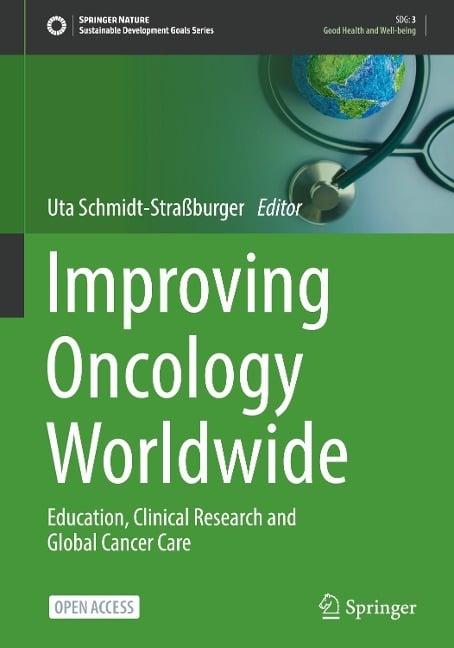
- Hardcover
- 164 Seiten
- Erschienen 2022
- Springer International Publ...

- paperback
- 216 Seiten
- Erschienen 2016
- TUDpress

- Hardcover
- 320 Seiten
- Erschienen 2022
- Wiley-ASME Press

- Gebunden
- 1253 Seiten
- Erschienen 2015
- Saunders

- hardcover
- 259 Seiten
- Erschienen 2015
- Taylor & Francis Inc

- Gebunden
- 398 Seiten
- Erschienen 2020
- Wiley-VCH

- Gebunden
- 321 Seiten
- Erschienen 2021
- Wiley-VCH

- Kartoniert
- 303 Seiten
- Erschienen 2013
- Wiley-VCH









